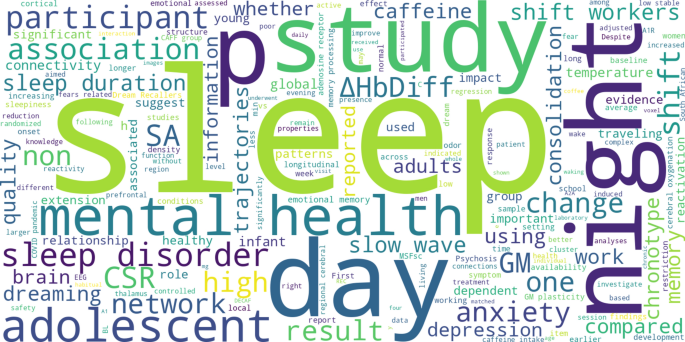Throughout history, poets, scholars, and scientists have acknowledged the profound link between sleep and psychological well-being. The wisdom of “sleep on it”, ingrained in both Western and Eastern traditions, highlights the crucial role sleep plays in restoring and enhancing cognitive functions. In today’s fast-paced, highly-interconnected, technology-driven world, where cognitive demands are ever-growing, quality sleep has become both more vital and more elusive. This collection delves into the evolving role of sleep in maintaining psychological well-being amidst contemporary challenges. It brings together a diverse array of behavioral and brain imaging studies from researchers across the globe, focusing on three key areas: the beneficial effects of sleep on learning and education, the detrimental consequences of sleep disruption on mental health, and the rising prevalence of sleep disruption in vulnerable populations. These studies offer compelling insights, revealing, for instance, how sleep consolidates conceptual networks of knowledge, how sleep disruption can signal suicidal tendencies a month before suicide attempts, and how heatwaves negatively affect infant sleep. This body of work not only underscores the cognitive benefits of sleep but also illuminates how contemporary challenges—such as climate change, poverty, and shift work—undermine sleep health. It calls for targeted interventions to improve sleep health and psychological well-being in response to these contemporary challenges, urging scholars and policymakers to prioritize sleep health as a foundational element in building a healthier, more resilient society.


